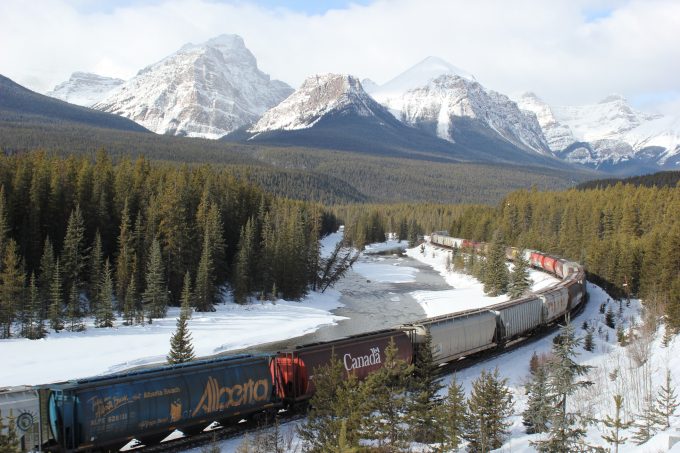Crowley and CN set to launch North American intermodal service in May
Crowley and Canadian National (CN) are to start an enhanced intermodal service linking Mexico with ...

The Canadian government has stepped in to end the rail strike that only started yesterday.
Amid concerns over the effect on the wider North American economies of the rail freight network standstill, carriers Canadian Pacific Kansas City (CPKC) and Canadian National (CN) ...

Comment on this article